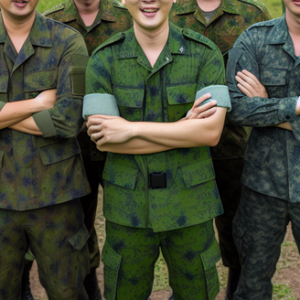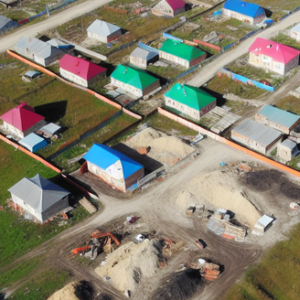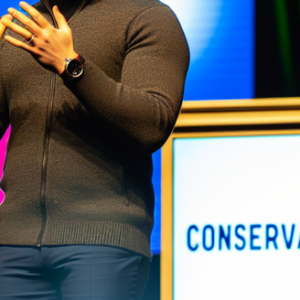Understanding the Concept of Volunteer Military Service
Volunteer military service, as opposed to compulsory conscription, is based on the premise that those who choose to serve bring a level of dedication and commitment that draughted soldiers may lack. This approach cultivates a professional, highly motivated force comprised of individuals who have consciously chosen the path of military service. Importantly, this choice signifies an active interest and inherent responsibility, which often result in strong morale and steadfast dedication. They invest their time and effort willingly, understanding the demands and risks associated with the role. It’s this willing commitment that is often seen to correlate with effectiveness in protecting national security.
The Role of Volunteer Military Service in National Security
Volunteer military service acts as a pillar of national security by nurturing a force of dedicated individuals who are ready to protect the nation’s interests, both at home and abroad. This not only strengthens the military backbone but also fosters personal growth amongst the volunteers, helping them develop effective leadership and teamwork skills. Moreover, volunteer service introduces a unique bond of camaraderie and shared experiences among the troops, essential in building a united front. By promoting volunteerism, armed forces can gather an efficient troop of like-minded individuals driven by their patriotism and sense of duty, leading to a more resilient and robust military.
Pros and Cons of a Volunteer Military Service
Pros like self-motivation, heightened morale, and skilled workforce are highlights of voluntary service. It also fosters a sense of appreciation among citizens towards their protectors, creating a bond of mutual respect and understanding. This bond not only bridges the gap between civilians and military, but also strengthens national unity. This bond strengthens national unity and contribute towards peace and stability. However, there are challenges: sustaining a large enough force during peacetime when interest may wane, the risk of a disproportionate number of lower socio-economic recruits, and the potential for diminished public connection to the military and its missions.
Comparing Mandatory and Volunteer Military Service
Mandatory military service guarantees a consistent level of manpower, meeting personnel demand for military operations. This approach may, however, dilute the overall quality of the servicemen and servicewomen. Not everyone conscripted may have a genuine interest or aptitude for military service, potentially leading to a drop in skill level and overall operation effectiveness, along with a decline in morale among conscripted individuals.
In contrast, voluntary military service may struggle with human resources as fewer individuals may choose to enlist. Yet, these individuals often bring a higher level of dedication to their roles. They view military service not as a short-term obligation, but as a long-term commitment, leading to a force that’s reliable, dependable, adaptable, and continually looking to improve. Thus, while fewer in numbers, the quality of a volunteer force may often surpass that of mandatory service.
Impact of Volunteer Military Service on the Society
Volunteer military service can offer extensive societal benefits, promoting unity, respect, and cohesion by bringing together willing fighters for a common cause. It also stands as a testament to the power of individual liberty and choice, particularly when dedicated to essential tasks like national defense, underlining how freedom and national defense are interconnected. Veterans of such service acquire invaluable experiences and versatile skills far beyond the military confines, such as leadership, teamwork, problem-solving, and decision-making under pressure. Once they re-enter civilian life, these veterans enrich the workforce with their unique skills and experience, positively impacting broader civilian society. Therefore, volunteer military service not only fosters societal unity and respect but also enhances the skillsets of individuals, benefiting wider society.
Moving towards the Future: Improving the Volunteer Military Service
Casting a look into the future, precise adjustments to our volunteer military service are essential. Balancing recruitment and retention, we can ensure a constant flow of new talent whilst retaining experienced veterans in order to maintain a robust mix for transferring military knowledge. Furthermore, it’s crucial to improve our training programs with regular updates to cover the evolving conflict scope, including physical combat, emotional resilience, and intellectual agility. We must care for our volunteers’ welfare, ensuring soldiers receive fair remuneration, complete medical coverage, and supportive post-service pathways. Given the changing nature of warfare, our forces must also evolve to address both conventional and non-conventional threats. With a commitment to balanced recruitment, improved training, welfare assurance, and adaptability, our volunteer military service will be well-equipped for the future.




